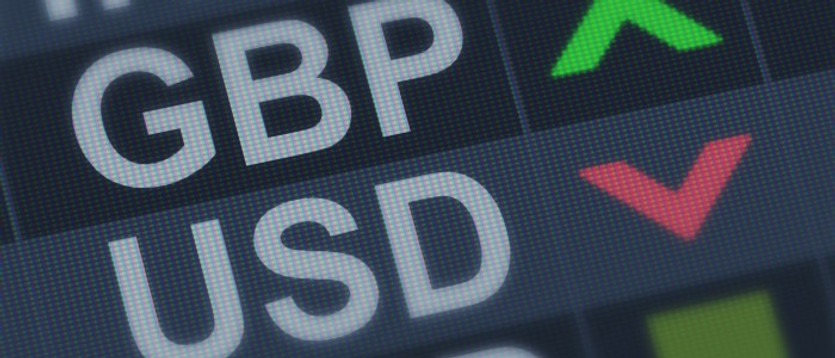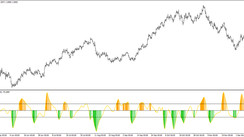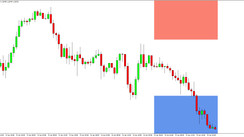The publication last Friday of the monthly report of the US Department of Labor ended the first very busy and interesting trading week of February.
The new trading week that started today will not be as rich as the last one with important economic events. However, market participants will pay attention to the publication of some important macro statistics for the US and UK, among which - a preliminary estimate of UK GDP for the 4th quarter (this publication is scheduled for Friday 07:00 GMT). GDP is considered an indicator of the general state of the economy, including the British one. The rising GDP, which was one of the highest in the world until 2016, when the Brexit referendum was held, is considered positive for the GBP. After Brexit, GDP growth slowed down, and with the onset of the global coronavirus pandemic, the UK GDP growth rate went into negative territory altogether.
Last week, the Bank of England raised its key interest rate, further outperforming other central banks in the process of tightening monetary policy to curb accelerating inflation. The key rate was raised to 0.5% from 0.25%, and the bank said it expects annual inflation to accelerate to above 7% in the coming months due to low unemployment, rising wages and soaring energy prices. However, Bank of England officials are divided on how much to raise interest rates to contain accelerating price increases without dampening the economic recovery from the effects of the pandemic. Four of the nine members of the Monetary Policy Committee proposed to raise the rate to 0.75%.
The pound strengthened sharply immediately after the publication of the decision of the Bank of England to raise interest rates. However, later, the pound began to decline. In December, annual inflation in the UK hit 5.4%, a multi-year high. However, the Bank of England expects inflation to fall to 1.6% by Q1 2025, well below its 2% target. Such new inflation forecasts could complicate the Bank of England's task of securing a general cycle of monetary tightening, putting pressure on the pound in the long term, economists said.
The pound's growth is also constrained by the political crisis caused by the behavior of Prime Minister Boris Johnson and members of his government who violated quarantine restrictions. Currently, Conservative MPs are collecting MPs' requests to start impeachment proceedings against the Prime Minister.
Returning to the upcoming publication of a preliminary estimate of British GDP, it should be noted that the country's economy is showing a fairly active recovery.
According to the forecast, UK GDP is expected to grow in the 4th quarter of 2021 by +1.1% (previous indicator values: +1.1% in the 3rd quarter, +5.5% in the 2nd quarter after falling by -1.6% in Q1 2021). The main factors that could force the Bank of England to keep the rate low are weak GDP and labor market growth, as well as low consumer spending. In the event of rising inflation, British citizens will be forced to use their savings in order to maintain the level of consumption with a significant increase in prices. In the medium term, consumption could fall, in which case British GDP would come under pressure.
A strong report from the National Office of Statistics on GDP will strengthen the pound. But, if the data on GDP turns out to be significantly worse than the previous values and the forecast, then this will put downward pressure on the pound.
As we noted above, the pound strengthened immediately after the publication of the decision of the Bank of England on the rate, and GBP/USD reached a local intraday maximum of 1.3627. But then the pair turned to decrease, dropping to the support level 1.3500. At the beginning of today's European session, GBP/USD is traded near 1.3515. A retest of the support level 1.3500 is likely. In case of its breakdown, we should expect further decline towards support levels 1.3395, 1.3365 (see Technical analysis and trading recommendations).
Today the economic calendar is almost empty. It should be noted that at 15:45 (GMT) the speech of ECB President Christine Lagarde will begin. During the speech of the head of the ECB, the volatility of trading increases not only in the euro and European stock indices, but also throughout the financial market, if Christine Lagarde touches on the subject of the monetary policy of the Central Bank. If she does not touch upon the subject of the ECB's monetary policy, then the reaction to her speech will be weak.





